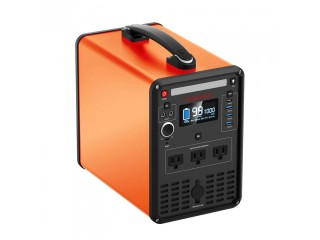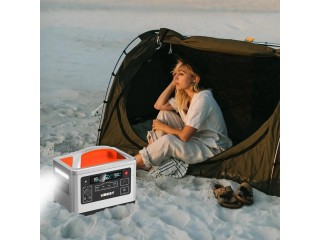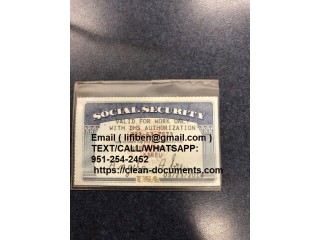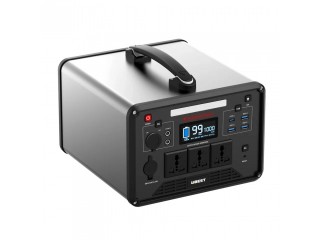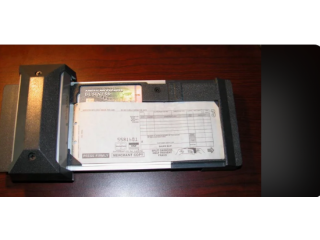How useful are hand sanitizers and learning toy? Private
2 years ago - Multimedia - San Antonio - 111 viewsHow useful are hand sanitizers?
They're definitely useful in the hospital, to help prevent the transfer of viruses and bacteria from one patient to another by hospital personnel.
Outside of the hospital, most people catch respiratory viruses from direct contact with people who already have them, and alcohol sanitizer gel won't do anything in those circumstances. And they haven't been shown to have more disinfecting power than just washing your hands with soap and water.
Convenient cleaning
Hand disnfectants do, however, have a role during peak respiratory virus season (roughly October to April) because they make it much easier to clean your hands.
It can be challenging to wash your hands every time you sneeze or cough, especially when you are outdoors or in a car. Hand sanitizers are convenient, so they make it more likely that people will clean their hands, and that's better than not cleaning at all.
According to the Centers for Diseae Control (CDC), however, for hand sanitizer to be effective it must be used correctly. That means using the proper amount (read the label to see how much you should use), and rubbing it all over the surfaces of both hands until your hands are dry. Do not wipe your hands or wash them after applying.
Are all hand sanitizers created equal?
It's important to make sure any hand sanitizer, or alcohol sanitizer spray you do use contains at least 60 percent alcohol.
Studies have found that sanitizers with lower concentrations or non-alcohol-based hand sanitizers are not as effective at killing germs as those with 60 to 95 percent alcohol.
In particular, non-alcohol-based sanitizers may not work equally well on different types of germs and could cause some germs to develop resistance to the sanitizer.
Are hand sanitizers and other antimicrobial products bad for you?
There is no proof that alcohol-based hand sanitizers and other antimicrobial products are harmful.
They could theoretically lead to antibacterial resistance. That's the reason most often used to argue against using hand sanitizers. But that hasn't been proven. In the hospital, there hasn't been any evidence of resistance to alcohol-based hand sanitizers.
However, while there aren't any studies showing that hand sanitizers definitely pose a threat, there also isn't any evidence that they do a better job of protecting you from harmful bacteria than soap.
So while hand sanitizers have their place — in hospitals or when you can't get to a sink — washing with soap and warm water is almost always a better choice.
When to avoid hand sanitizers
You should always clean with soap and water if your hands are visibly dirty, or if you've touched chemicals.
When hands are heavily soiled or greasy — such as after playing outdoor sports or working at a construction site — the CDC cautions that hand sanitizers may not work well at all.
Benefits of soap and water
Whenever you can, just wash your hands — for at least 20 seconds — with non-bacterial soap and warm water, and alcohol wipes.
The CDC says soap and water are more effective than hand sanitizers at removing certain types of germs. They also do a better job of preserving the flora, or "good" bacteria, on your hands.
Your whole body is covered with bacteria, and if you remove those good bacteria, they can be replaced by other, potentially harmful, bacteria. Natural bacteria are there for a reason.

